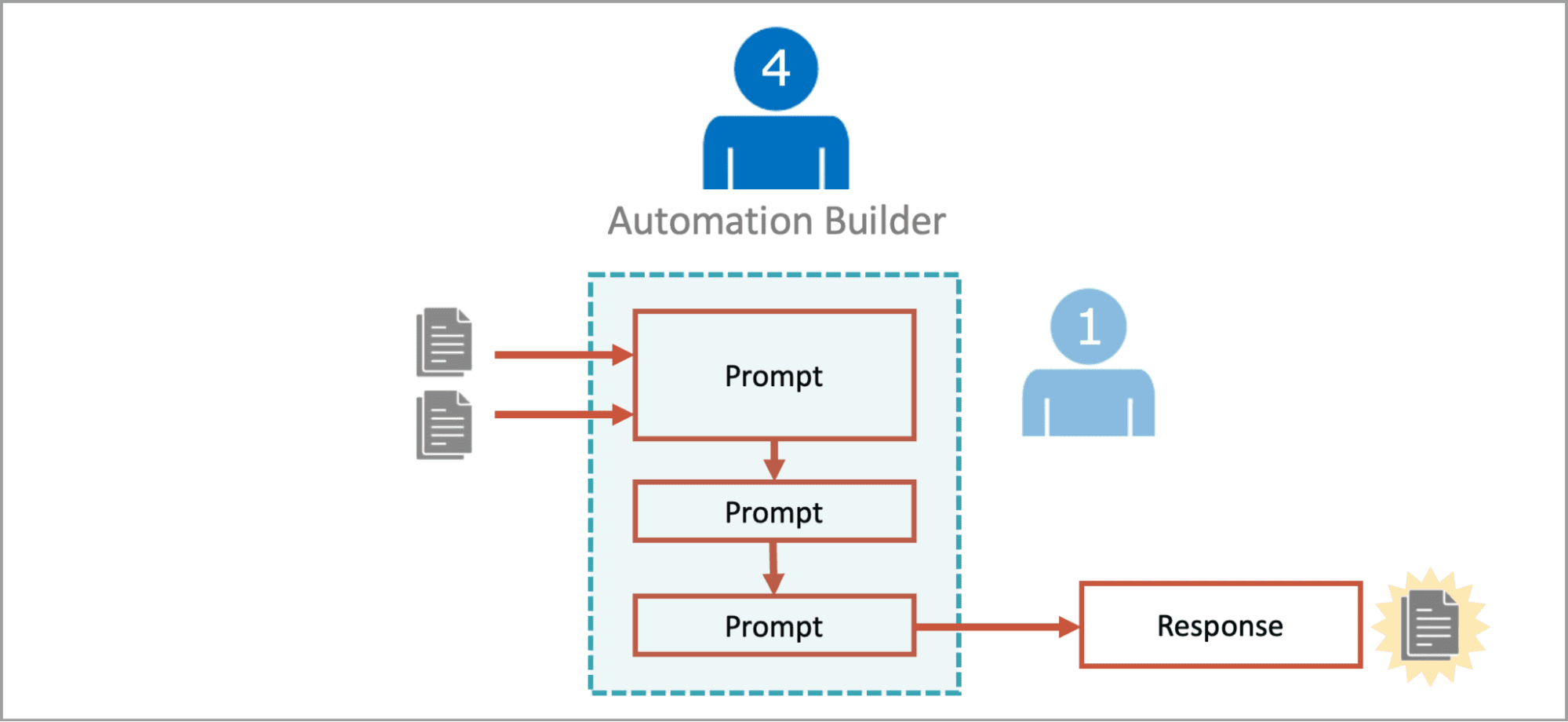Why Staff Training Is Your Clinic’s Most Underrated Asset
Discover why staff training is the most underrated asset in your clinic. Learn how it boosts patient care, operational efficiency, employee satisfaction, and long-term success.

In the healthcare industry, it's easy to become fixated on the tangible aspects of running a clinic — medical equipment, patient volume, or technological upgrades. However, there is one asset that often flies under the radar but has the potential to dramatically influence your clinic’s success: staff training. Many clinics overlook how critical consistent, high-quality training is to both patient care and business performance. Let’s explore why staff training is your clinic’s most underrated yet powerful asset.
First Impressions Begin at the Front Desk
Your front-desk team is the face of your clinic. It’s the first and last point of contact for every patient, and that experience can shape how patients perceive the quality of care they receive. Staff who are trained in customer service, communication, and clinic protocols are better equipped to manage patient flow, handle sensitive information, and maintain a professional tone even under pressure. Without proper training, administrative missteps can lead to scheduling errors, patient dissatisfaction, or even loss of trust. A well-trained front-desk staff creates a welcoming environment that leaves a positive first impression and encourages patient loyalty.
Better Training Means Better Patient Care
Clinical staff — including nurses, medical assistants, and technicians — are on the frontlines of patient care. Training ensures that they are not only competent in medical procedures but also updated on the latest clinical standards, safety protocols, and treatment methods. Inadequate training can lead to costly mistakes or inconsistent care, both of which can damage your clinic’s credibility. On the other hand, a team that regularly undergoes professional development delivers safer, more accurate, and more compassionate care. This directly contributes to better patient outcomes and long-term trust in your practice.
Training Directly Impacts Patient Satisfaction
Today’s patients are not only looking for effective treatment; they also want respectful, transparent, and empathetic communication. Training in soft skills like conflict resolution, emotional intelligence, and cultural sensitivity helps your staff interact more effectively with patients. When a patient feels heard, understood, and well-informed, their overall experience improves — even if their visit is for a routine check-up or a challenging diagnosis. Clinics that invest in these interpersonal skills often see higher patient satisfaction scores and improved word-of-mouth referrals.
Operational Efficiency Starts with Competence
A disorganized or inefficient clinic can be frustrating for both staff and patients. Mistakes in billing, miscommunication between departments, or poor use of clinic software can slow down operations and increase costs. Proper training ensures that staff understand their roles, can use systems like the Outclass Clinic Management Software effectively, and follow best practices to keep things running smoothly. When everyone is on the same page, tasks are completed faster, errors are minimized, and patients move through the system with fewer delays. In short, training drives efficiency, and efficiency saves money.
Staff Morale and Retention Improve with Training
Employees want to feel confident and competent in their roles. A lack of training often leads to confusion, stress, and burnout. Conversely, when staff are equipped with the skills and knowledge they need to succeed, they feel more secure and valued. Clinics that prioritize training show their commitment to professional development, which increases employee satisfaction and loyalty. Additionally, offering learning opportunities creates clear pathways for career advancement and internal promotions, reducing turnover and recruitment costs.
Training Helps Ensure Legal and Regulatory Compliance
The healthcare sector is governed by strict regulations, including data privacy laws (like HIPAA), safety standards, and professional licensing requirements. Failing to comply with these regulations can lead to legal action, fines, and reputational damage. Regular training programs help ensure that all team members stay updated on the latest compliance standards and understand the importance of documentation, patient confidentiality, and procedural accuracy. In this way, training not only protects patients but also safeguards your clinic from costly legal consequences.
Staying Current with New Technologies and Trends
Healthcare is one of the fastest-evolving industries. From new diagnostic equipment to telemedicine platforms and digital health records like the Electronic Health Record by Instacare, the tools clinics use today are vastly different from those used a decade ago. Without proper training, staff may struggle to adopt these technologies, leading to errors, inefficiencies, and patient frustration. Investing in training ensures that your team can confidently implement and use new technologies, enhancing both care delivery and clinic performance.
Building a Culture of Excellence
When training becomes part of your clinic’s culture, it sends a strong message to staff and patients alike: We care about doing things right. A culture of learning encourages accountability, collaboration, and continuous improvement. Employees are more likely to take initiative, solve problems proactively, and support one another. Over time, this commitment to excellence becomes part of your clinic’s identity — and that’s something patients will notice and appreciate.
Conclusion:
Staff training is not a one-time event or a secondary concern — it is a strategic investment in your clinic’s future. It enhances patient care, boosts employee morale, improves operational efficiency, and protects against compliance issues. Perhaps most importantly, it gives your clinic a competitive edge in an increasingly patient-driven healthcare landscape. If you want your clinic to thrive, start by empowering the people who keep it running. Prioritize training, and you'll unlock the full potential of your team — and your business.
































































































































































